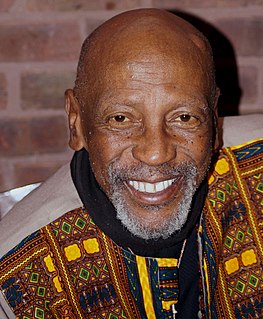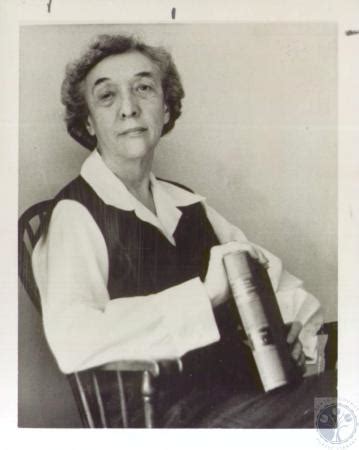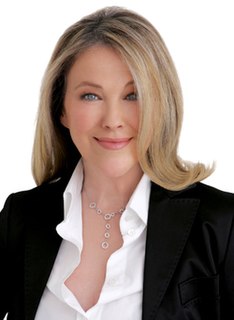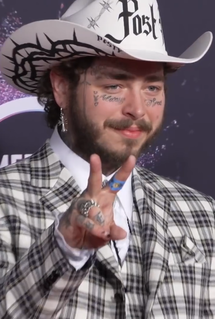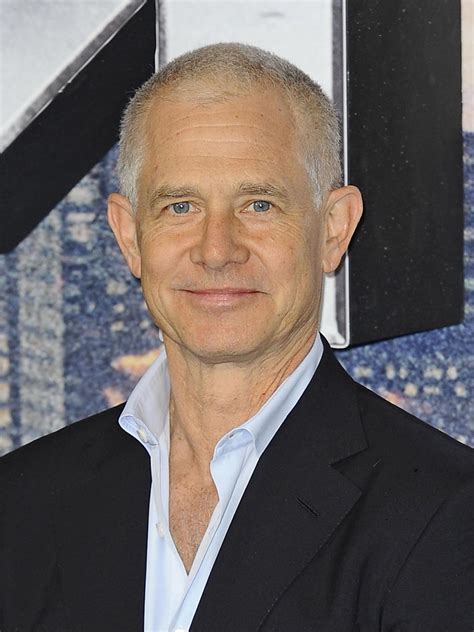A Quote by Louis Gossett, Jr.
When '12 Years a Slave' got that much attention, everyone started to copy that. That story has to be told, but there are a lot more stories to be told than slavery.
Related Quotes
The argument for '12 Years a Slave' was that - yes, it's a beautiful film. Beautifully shot, beautifully acted. It's a real story, and these stories should be told. The problem is, if they're the only stories being told, then it makes Americans of African descent - it puts them into that victim category. And that was my problem with the movie.
Frankly, Django is an American story that needs to be told, when you think of slavery existing in this country for 245 years. In slave narratives there were all types of tales and drama and heroism and pain and love that happened during that time. That's rich material for drama! Everyone complains that there are no new stories left to tell. Not true, there are a whole bunch of them, and they're all American with a capital A.
William Shakespeare was the most remarkable storyteller that the world has ever known. Homer told of adventure and men at war, Sophocles and Tolstoy told of tragedies and of people in trouble. Terence and Mark Twain told cosmic stories, Dickens told melodramatic ones, Plutarch told histories and Hans Christian Andersen told fairy tales. But Shakespeare told every kind of story – comedy, tragedy, history, melodrama, adventure, love stories and fairy tales – and each of them so well that they have become immortal. In all the world of storytelling he has become the greatest name.
The set of '12 Years a Slave' was an extremely joyous one! We all recognized that we were making a powerful, necessary and beautiful film, and we weren't about doing it without that sense of responsibility, and we recognized that we needed each other to tell this story. We also knew we needed to hold each other up as we told the story.
I don't think that there's a target audience at all. These stories were in circulation. The stories were told by men, told in the marketplace by men, but also behind doors by women, but there's no real record of this. It's likely they were told by women to children in their interior rooms. The story could be a negative story, they could be presented as a, "Watch out! Women will get round you, do things to you, weave you in their toils." It could be buried in it an old cautionary story about women and their wiles.
There's a lot of great writing, and characters, and stories being told in television nowadays. And much more than there used to be. The opportunities to tell stories, because of the opportunities to show content. And so it's drawing actors from cinema, movie actors, actors to where there's a lot of opportunities to where you can tell stories.
We're putting more carbon into the atmosphere than the atmosphere can absorb. And everybody told us when we started, coz we knew nothing when we started - we still don't know very much - but everybody told us 'this is crazy, you don't use a scientific data point, it's a number, people don't respond to numbers'.
I started making music... I guess I was 12, and I started playing 'Guitar Hero.' And you know, it got to a point where on expert, you can only exceed to a certain point. And so, you know, I was like, 'Let's play real guitar. Let's not waste more time.' So, I got my mom, I told her to buy me a guitar for Christmas, and I started making music then.
I think the key for us is really letting the stories we feel are best told to kind of dictate where we go. When we find a story we really believe is one that should be told, how do we best tell it and you know what do we need to tell that story most effectively? I think to the good, the universe is such that there are a lot of options, there a lot of opportunities. So that's kind of what's guiding us.
